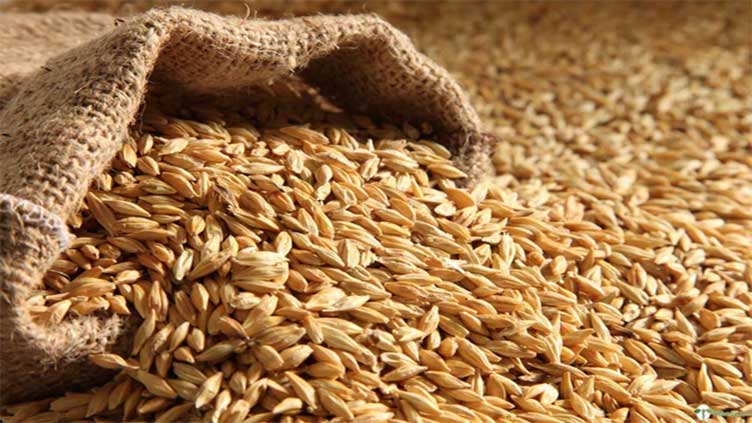To keep wheat farmers from suffering financial losses, the Punjab government has announced a Rs15 billion package.

A Rs15 billion aid plan has been announced by the Punjab government to help wheat farmers and shield them from financial losses in the face of declining wheat prices.
550,000 farmers who get financial assistance through the Kissan Card will immediately benefit from the Wheat Support Fund.
This declaration was made on Wednesday, when the beginning of the wheat harvesting season coincided with protests that broke out across the province over the government’s refusal to set a support price.
Farmers will not have to pay irrigation or fixed taxes for the current year as part of the plan. In order to protect their wheat against climate change, they will also be granted complimentary access to the Electronic Warehouse Receipt (EWR) facility for a maximum of four months.
In order to obtain a loan of up to 70% of the wheat’s market price, farmers who store their wheat using this system will receive an electronic receipt that they may show at the bank within 24 hours.
Additionally, the package will cover the mark-up on loans, up to Rs100 billion, provided by the Bank of Punjab to flour mills and green license holders for wheat procurement.
For flour mills and green licence holders to be required to buy wheat immediately, the administration will ask the cabinet for approval. Additionally, it is now required that 25% of the available storage space be used for the storage of wheat.
In order to investigate the potential for exporting wheat and wheat products, Punjab has also made the decision to contact the federal government. The private sector will receive funding from the Bank of Punjab to build and upgrade wheat storage facilities.
The Punjab government would set aside Rs5 billion for markup payments linked to storage in order to further assist wheat growers. Furthermore, it is no longer illegal to carry wheat and flour across district and provincial borders.
Maryam Nawaz, the chief minister, has promised to shield farmers from financial hardship and to never let them suffer. Last year, the Punjab government refrained from purchasing wheat due to imported grain during the interim government under Mohsin Naqvi, which led to a sharp decline in wheat prices.